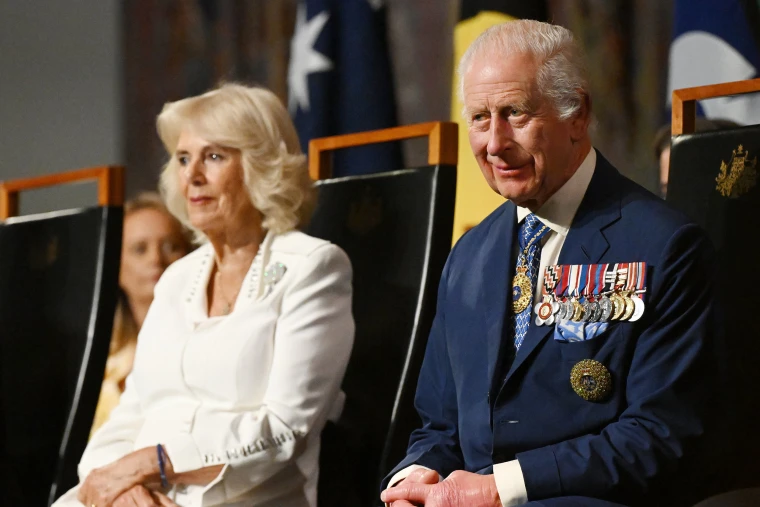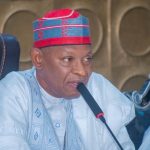The king’s visit to the country has become the first for a reigning British monarch to visit Australia in 13 years. The king spoke to lawmakers and other dignitaries in the Great Hall of Parliament House in Canberra, the Australian capital. He and his wife, Queen Camilla, are currently on a five day visit to the country, which is his first trip since he was diagnosed with cancer. He now make the trip to the Commonwealth country there have been debates about severing ties with the British monarchy.
The senator shouted you are not our king; you are not. You are not our sovereign. You committed genocide against our people. It was disclosed that the senator who made the shout was Lidia Thorpe, an independent senator from the southeastern state of Victoria. After the shout, the king failed to respond or speak a word but spoke quietly to the prime minister of the country, Anthony Albanese.
The senator continued and made more comments. She shouted again, Give us our land back. Give us what you stole from us. Our bones, our skulls, our babies, our people! You destroyed our land. When the shout became intense, the security agents at the venue took her out to bring back normalcy to the room.
Responding to the incident on Monday evening, Senator Thrope, while speaking to Sky News, noted that she did not respond or interrupt the speech made by the king but waited till the end before her comments were made. She further claimed that there are thousands of massacre sites in this country from invasion, which calls for the need for someone to ask questions that demand answers. Thorpe noted that if the King had succeeded the queen, then he needed to provide answers to the incident.
It was learnt that Australia had been under British colonial rule for over a hundred years. It was also noted by some estimates presented that the British colonists had carried out more than 400 massacres against Australia’s Aboriginal or Torres Strait Islander people, which claimed the lives of thousands. Currently, the country’s Aboriginal population continues to struggle with racism and discrimination today.
Efforts to reconcile the country have proven to be difficult; last year, in an landmark referendum, all six states in Australia voted against recognizing Aboriginal people in the country’s constitution and establishing a body to advise Parliament on Indigenous matters.
Australia became a fully independent country in 1986 but remains a constitutional monarchy in which the British monarch serves as the head of state, a largely symbolic role.




